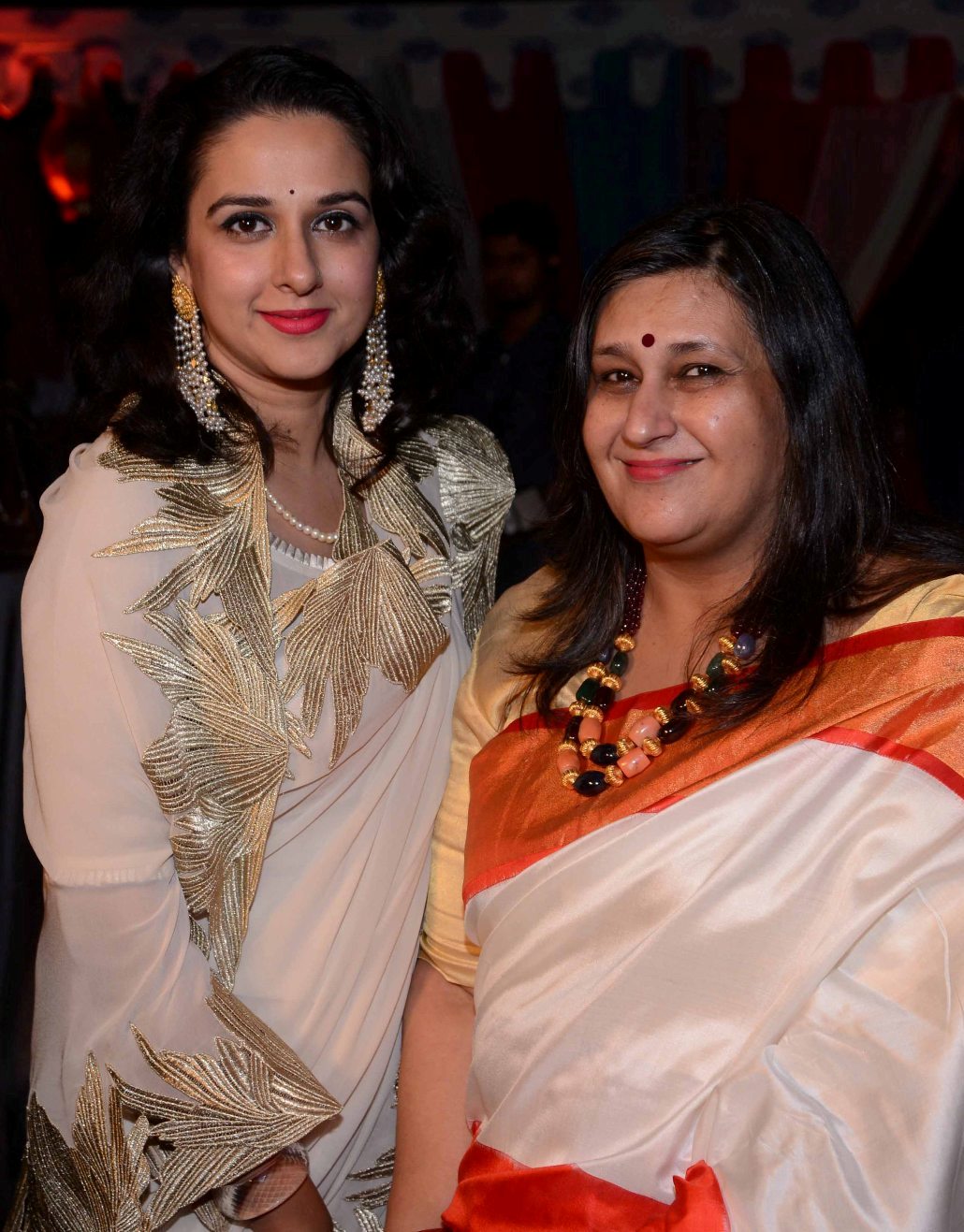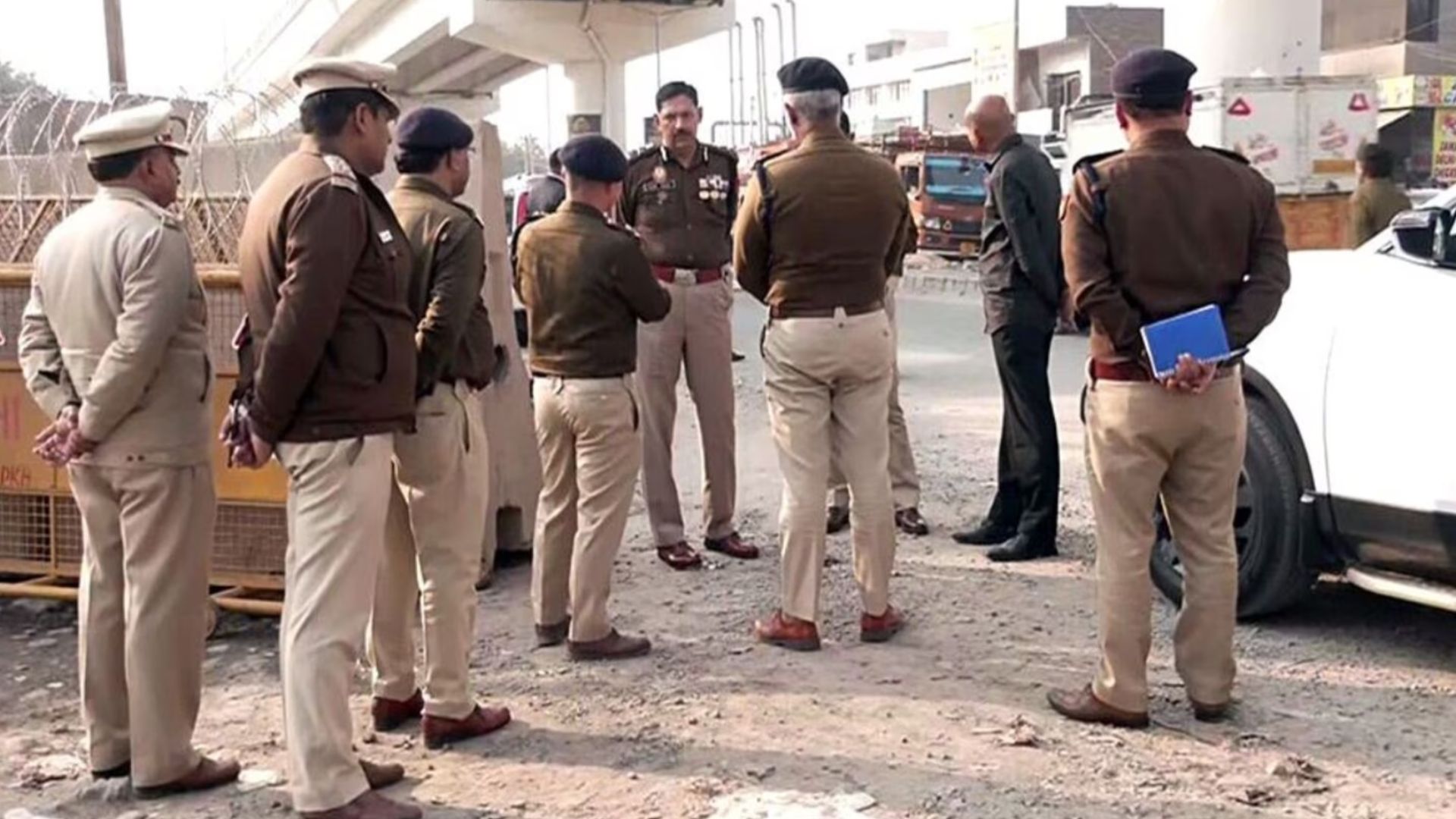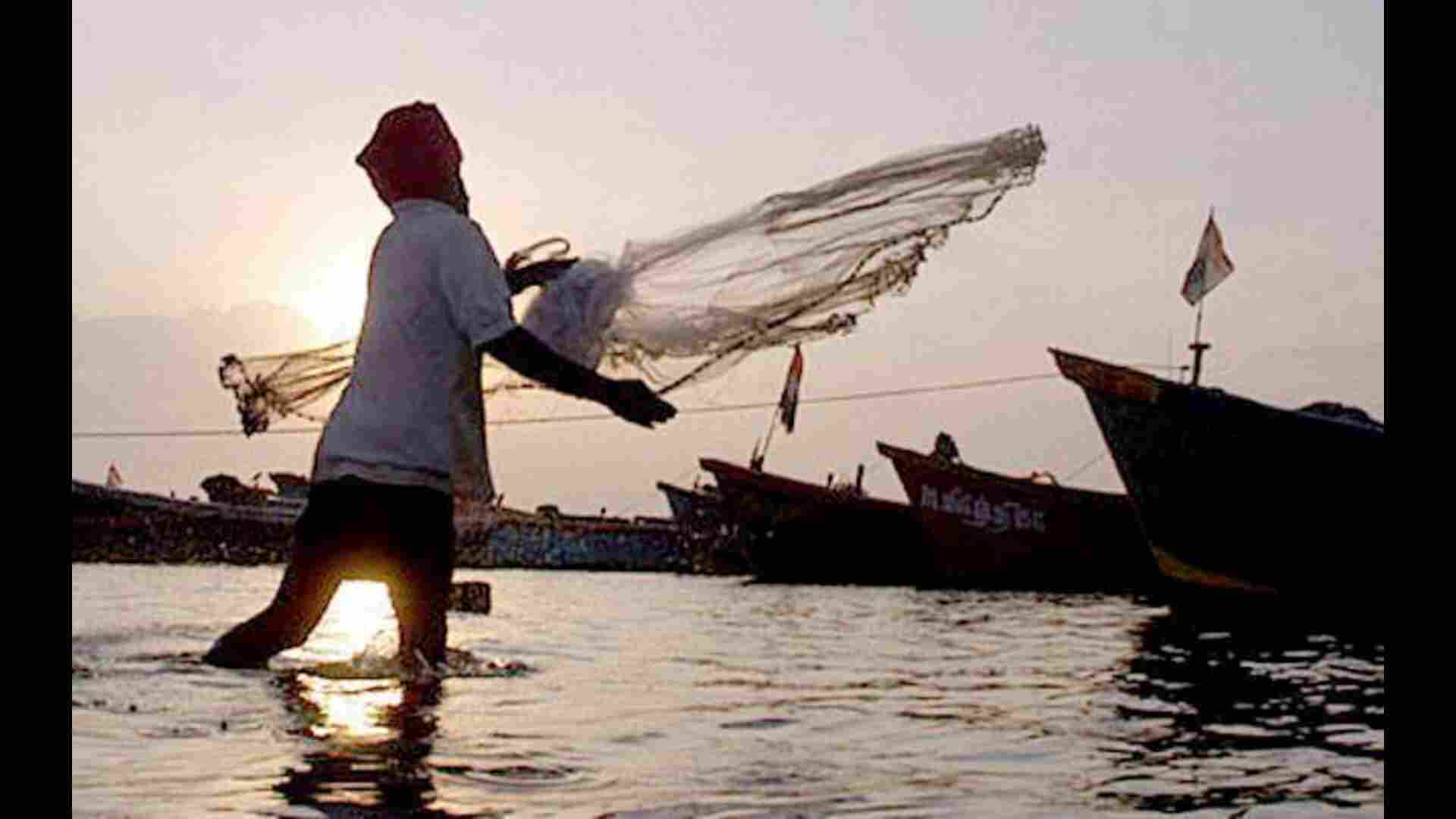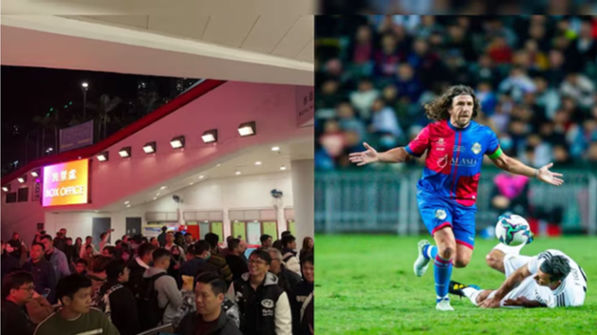She is called the most beautiful Maharani of this era. People often compare her to the iconic beauty, Maharani Gayatri Devi of Jaipur. She is toasted even by Instagram accounts known for their caustic critiques and she often gets included in juries and panels of relevance. Radhika Raje Gaekwad, the Maharani of Baroda, is indeed emerging as the face of Princely India in modern times.
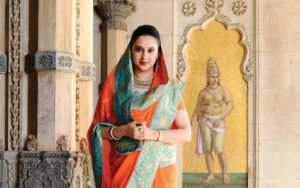 Not just for her looks but also for the grit with which she adopts issues and campaigns that she feels strongly about. I met her first, nearly 20 years ago when she was a reporter at Indian Express. Working with firebrand editors like Kaveri Bamzai and maverick photographers like Mustafa Qureshi. Quietly reporting and writing on the arts, fashion and culture of New Delhi, she not once gave away the fact that she was actually a blue-blooded Princess. Or that wonky, her per name, stood for Wankaner, a state her ancestors once ruled.
Not just for her looks but also for the grit with which she adopts issues and campaigns that she feels strongly about. I met her first, nearly 20 years ago when she was a reporter at Indian Express. Working with firebrand editors like Kaveri Bamzai and maverick photographers like Mustafa Qureshi. Quietly reporting and writing on the arts, fashion and culture of New Delhi, she not once gave away the fact that she was actually a blue-blooded Princess. Or that wonky, her per name, stood for Wankaner, a state her ancestors once ruled.
Radhika the reporter was simply the daughter of a very committed bureaucrat, M.K. Ranjit Sinh who was recognised for fiercely protecting the Indian jungles and the animals that reside within them. She spoke vociferously for animals, was outspoken about a woman’s right to self-sustenance and also in her own, youthful way, fashionable and trendy.
 She often spoke of the life she led in Madhya Pradesh where her father served as an Indian Foreign Service official. As Forests and Tourism Secretary to Madhya Pradesh, he was responsible for the creation of 14 national parks and 11 wildlife sanctuaries. Later, he drafted the key Wild Life (Protection) Act of 1972, and served as India’s first Director of Wildlife Preservation. He is perhaps best known for his work on Project Tiger, but he also played a crucial role in bringing back from the brink of extinction, the endangered central and eastern populations of the Barasingha or swamp deer. The state of Wankaner was an eleven-gun salute princely states of India of Kathiawar during the period of the British Raj. Mostly mountainous it is known for its stunning Ranjit Vilas Palace built in 1907 which was the home of her grandparents whom she visited every summer. Her mother Kalpana Raje meanwhile is the most endearing of royal ladies who, hailing from Sailana, a princely state in Ratlam, has a zest for life few can emulate. Married to Maharaja Samarjit Sinh Gaekwad, Radhika literally came into her own playing to perfection her inherited role as custodian of the culture rich state of Baroda. Her in-laws, a visionary couple (Maharaja Ranjit Sinh Gaekwad was a musician, artist and sculptor and his wife Shubhangini Raje, a textile conservationist who revived the Chanderi weaves, the Baroda state was known for) lovingly groomed her for the role ahead.
She often spoke of the life she led in Madhya Pradesh where her father served as an Indian Foreign Service official. As Forests and Tourism Secretary to Madhya Pradesh, he was responsible for the creation of 14 national parks and 11 wildlife sanctuaries. Later, he drafted the key Wild Life (Protection) Act of 1972, and served as India’s first Director of Wildlife Preservation. He is perhaps best known for his work on Project Tiger, but he also played a crucial role in bringing back from the brink of extinction, the endangered central and eastern populations of the Barasingha or swamp deer. The state of Wankaner was an eleven-gun salute princely states of India of Kathiawar during the period of the British Raj. Mostly mountainous it is known for its stunning Ranjit Vilas Palace built in 1907 which was the home of her grandparents whom she visited every summer. Her mother Kalpana Raje meanwhile is the most endearing of royal ladies who, hailing from Sailana, a princely state in Ratlam, has a zest for life few can emulate. Married to Maharaja Samarjit Sinh Gaekwad, Radhika literally came into her own playing to perfection her inherited role as custodian of the culture rich state of Baroda. Her in-laws, a visionary couple (Maharaja Ranjit Sinh Gaekwad was a musician, artist and sculptor and his wife Shubhangini Raje, a textile conservationist who revived the Chanderi weaves, the Baroda state was known for) lovingly groomed her for the role ahead.
Today, it would not be wrong to compare Radhika to the visionary Maharani Chimnabai II who hailed from Devas and worked neck to neck with her husband for the welfare of women in Baroda. She co- authored a book with S M Mitra titled The Position of Women in Indian life. She was chosen as the first president of the All India Women’s Conference in Pune. She fought against purdah, stoop up for skilling and educating women which eventually led to the founding of Maharani Chimnabai Stree Udyogalaya and Maharani Chimnbai Mahila Pathshala.
Radhika well fits those shoes taking visionary, at times bold steps toward empowering her women. Taking over the reins of the Udyogalaya, she runs vocational courses in tailoring and beautician. She launched a project Nari Ki Savari, training women to drive taxis that can eventually drive women home to safety. During Covid she saw, first hand, the plight of the LGBTQA and took it upon herself to help the eunuch community regain the respect conferred on them 120 years ago by Maharaja Sayaji Rao.
Radhika is now all set to train a group of eunuchs to set up the first ever café in Baroda that will be totally run by them and will serve staple fare of khaman dhokla, bhel, kachori etc. For the women in the Udyogalaya she raises funds by hosting craft fares like Urja where her own discerning eye for design helps her curate quaint and endearing stories of India handmade. An avid garba lover, she found another way to keep her NGO going by launching PalacGarba that is held each year in the sprawling lawns of the palace and is emerging as the most ‘with it’ garba pandal for Vadodraites. With Asif Shaikh she has worked hard to reinstate the world’s interest in the Baroda Shalu that was woven in Varanasi under the patronage of her ancestors
While the world might get caught up in her gorgeous beauty and impeccable taste in textiles, the real Radhika is a quiet go getter, feisty, feminine and geared up to be the change she wants in the world. It won’t be wrong to christen her a replica of Maharani Chimnabai II.

